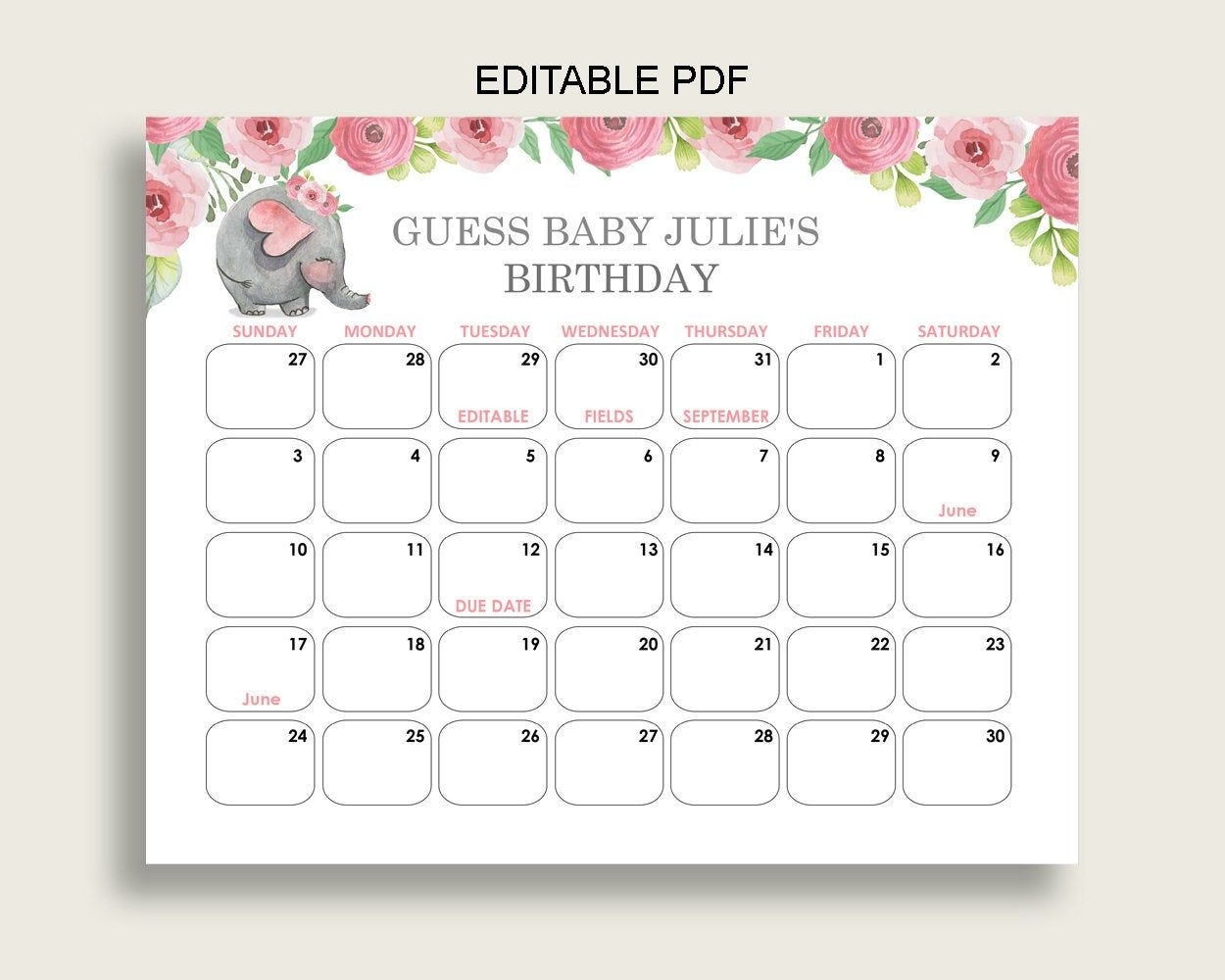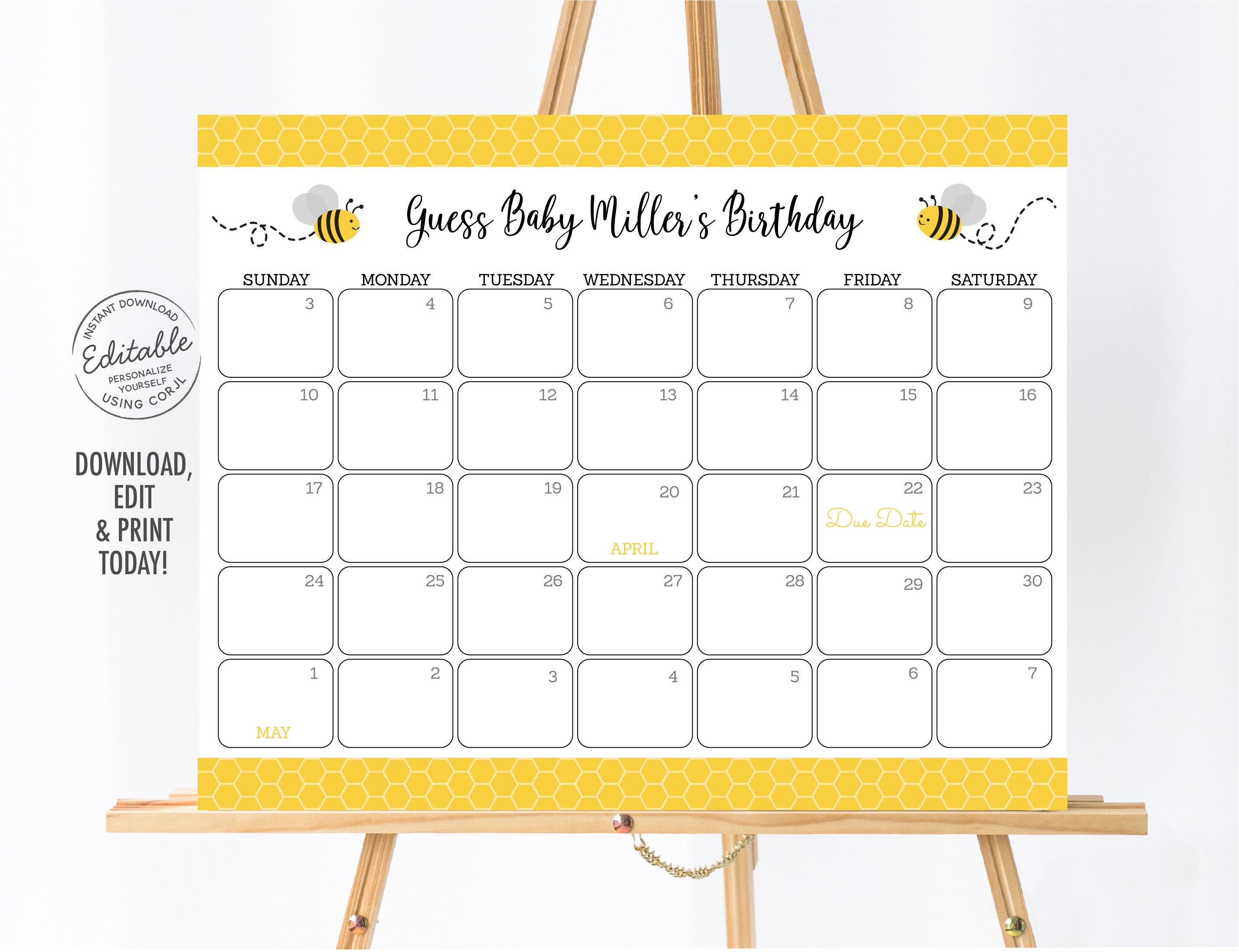
This method is only accurate if you’re sure about the day you got pregnant. Count ahead 38 weeks from the day you got pregnant. If you know the exact day you conceived, you can use that information to figure out when your baby is due. But it might not always be accurate, especially if you have an irregular menstrual cycle or are on birth control. This method is a good way to estimate when your baby is due because many women remember the day they started their period. Your due date is 40 weeks after the day you started your last period. You can calculate your due date if you know the first day of your last menstrual period (LMP) before you got pregnant. You can calculate your due date by using: The date of your last period Babies can be born at any time, and many factors play a role in determining when you go into labor and when your baby will actually enter the world. Your due date is the day you’re expected to give birth based on this 38-week gestation process.īut keep in mind that healthcare providers consider a pregnancy to be full-term anywhere between 37 and 42 weeks. It takes about 38 weeks (266 days) for human babies to develop fully in the womb. When you visit your provider, they may give you a different due date based on the size of your baby on ultrasound and the date of your last period. But these methods aren’t always accurate. You can calculate your due date at home using a couple of different methods.

It also gives your provider essential information they need to monitor your health and your baby’s health. It helps you plan and prepare for your baby’s arrival.


Knowing your due date is important for several reasons. Very few babies are actually born on the day they were due. But keep in mind that your due date is only an estimate. By calculating your due date, you’ll have an idea of your baby’s birthday. A due date calculator helps you estimate when your baby will be born.


 0 kommentar(er)
0 kommentar(er)
